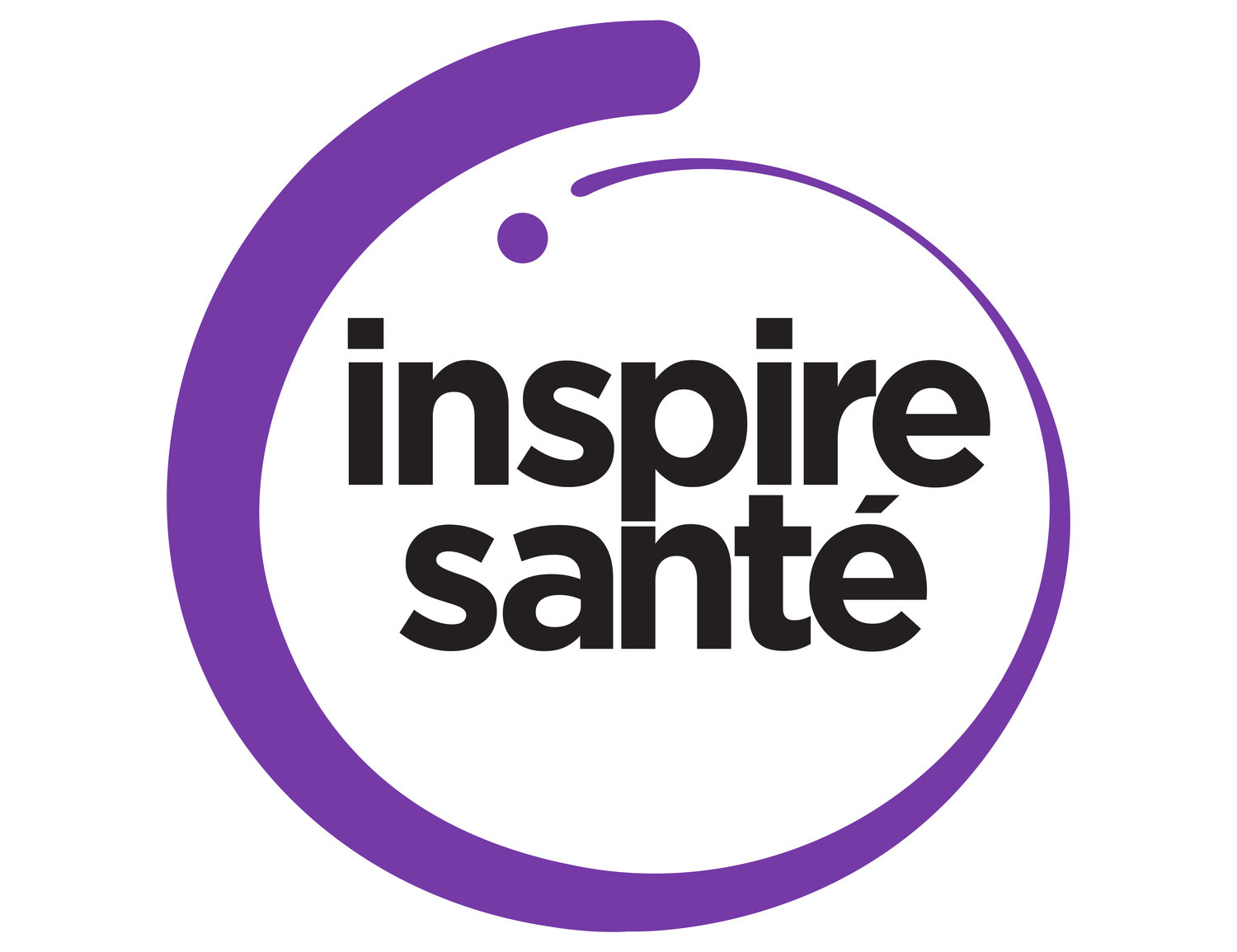SEX: my candidate for 'word of the year' in 2017
/When Sex Ed excludes sex.
I attended a conservative Catholic school, so my sexual education was… minimal. For any of it to make sense, I needed a heavy dose of supplemental information at home. That wasn’t happening.
I was a bright, resourceful, curious young woman. But as puberty made itself known, I started slipping behind even my fellow conservative friends on the topic of sex (many of them came from large families and had older siblings who had broached the topic with them). I didn’t have a clue about how babies were made, and the only thing I knew about sex was that I shouldn’t have it. As a side note, trying to avoid something when you don’t know what it is comes with its own set of stressors; you just hope that you don’t accidentally “do sex” that day.
I was too embarrassed to ask my parents to explain sex. My mother’s revelation that my period would be showing up (read more about that here) was sufficiently horrifying to deter me from asking follow-up questions. Plus, I didn’t think they’d actually give me a straight answer. Growing up, my parents used our dual VCRs to pre-watch and copy movies onto blank tapes to omit the sex scenes before my sister and I watched them. That’s right – I’ve seen the sexless versions of many a ‘90’s film (some of which are quite short when you remove the sex – take Jerry Maguire, for example). Them talking about sex? Not going to happen.
Body education 101.
So, what’d I do? Well, my mother was a brilliant artist in her younger years, and one of her favorite painters was Georgia O’Keefe. She had anthologies and collections of Georgia O’Keefe’s work high upon our bookshelf, and when left unsupervised, I’d climb up there, pull them off the shelves, and study their depictions of the female form. As former x-ray technicians, my parents also had anatomy books (with the gory surgical photos) high on that same shelf. I'd devour those too, although I hated leafing through the pages of guts to find the reproductive parts.
Those books are how I knew what I would look like someday, when I was a woman. I’d also sneak into my mother’s bathroom and read the package inserts from her tampons, studying the diagram of how to use them in an effort to understand the what and where of my vagina.
Self-taught sex ed: a primer.
Sex proved a bit trickier. I looked it up in every dictionary in the house, but dictionaries are surprisingly and disappointingly silent on this point. Maybe the anti-sex-ed lobby is in bed with Merriam-Webster, or maybe there are fears that sexing up (definition below) the dictionary would cause the mass removal of dictionaries from American family rooms and classrooms. Dictionary.com provides this stunningly unhelpful definition:
sex
[seks]
noun
1. either the male or female division of a species, especially as differentiated with reference to the reproductive functions.
2. the sum of the structural and functional differences by which the male and female are distinguished, or the phenomena or behavior dependent on these differences.
3. the instinct or attraction drawing one sex toward another, or its manifestation in life and conduct.
4. coitus.
5. genitalia.
verb (used with object)
6.to ascertain the sex of, especially of newly-hatched chicks.
Verb phrases
7. sex up, Informal. to arouse sexually: The only intent of that show was to sex up the audience.
to increase the appeal of; to make more interesting, attractive, or exciting: We've decided to sex up the movie with some battle scenes.
Idioms
8. to have sex, to engage in sexual intercourse.
Imagine that you don't know what sex is. Would that definition help you? I was even more confused.
So how’d I finally figure it out? Left with a sitter one evening, I grabbed the step-stool from my mother’s closet and pulled down the parents’ version of my sex-ed textbook. That book explained how to explain sex, and it included some diagrams that I examined before hurriedly returning them to their spot and closing the door.
Retreating to my room, I felt even more horrified than I had after learning about periods. This was not the right way to introduce sex. My body began to feel like an external force that was turning on me: first, it was going to start spontaneously bleeding sometime soon, and then… I was expected to do the un-definable with my husband some day? Why anyone was so concerned with teaching kids not having sex was beyond me. I found the very idea of it horrifying (although I was slightly relieved that it didn’t appear I could accidentally stumble into it and sin).
Looking forward.
So, each year, Dictionary.com releases its “word of the year,” and I think that sex is due for a facelift in 2017. (The 2016 word was xenophobia, and 2015’s word was identity – it's sex's turn.)
In 2017, let’s aim to actually define sex in the dictionary. But more than that, let’s educate girls and boys about sex.
There are fantastic organizations doing the heavy lifting on this – the forthcoming app Below Your Belt is the one I’m most excited about. But the number of sex-friendly and body-positive movements gaining traction is overwhelming: THINX is making periods normal, aerie is showcasing real girls’ bodies in lingerie, GIRLS is entering its final season (already?!), and all-natural or vegan lubricant and condoms have even clamored onto the scene. Then there’s the flurry of shirts strewn across my Etsy feed declaring FEMINIST or “pussy grabs back,” and friends are buying Goldieblox toys to normalize STEM professions for their girls. We’re making strides, and they’re glorious, shout-it-from-the-rooftops feminist strides, but that doesn’t mean they’ll reach our young, curious, doe-eyed underlings. Some are too subtle, others are too in-your-face, and what many girls are still most sorely lacking is quality, accurate, age-appropriate information. (And yeah… the 2016 Presidential campaign didn’t do wonders for age-appropriate + sex, amIright?).
So, in 2017, let’s commit to having honest conversations about the topic from earlier ages with the young people in our lives, and let’s be sure that no child approaching puberty needs to look it up in the dictionary. Cool?
© 2016 Inspire Santé, NFP








